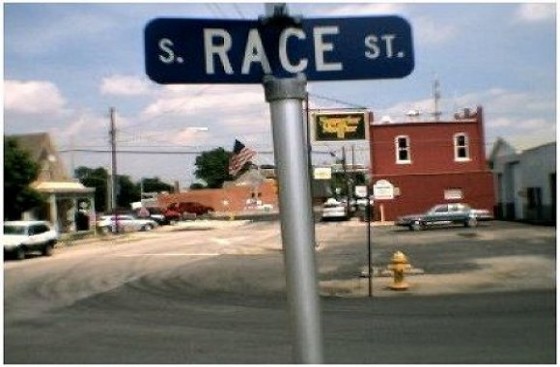A sociology professor at the University of New Mexico believes “how you believe others see you” should be included in the United States Census.
Nancy López, whose research interests include race, ethnicity, gender, inequality, and Latino/a Studies, refers to this as a person’s “street race,” according to the UNM Newsroom.
Aspects such as hair, facial features, and skin color can lead people to believe a person is an ethnicity/race the person actually is not, López said.
Latinos, in particular, can be the victims of anti-Asian hate or anti-blackness based on how they look to others.
López (pictured) said adding “street race” to the Census can “make visible discrimination and equity that happens based on race as a visual status.”
“Street race” is not a novel concept, López said, noting it’s “been built on decades of research” and may go by terms such as “folk race or socially assigned, described race.”
Although the federal Office of Management and Budget has made ethnicity and race a “co-equal” category in federal agencies, López said this doesn’t mean they can’t also ask about “street race.”
The same goes for institutions such as schools and hospitals.
MORE: Top ‘taboos’ among psychology professors include race, sex differences: study
[But] López says when you’re asking about race and ethnicity together, you don’t know what you’re measuring. She says in the end, we will no longer be collecting data on race, only ethnicity, referring to that as ‘troubling.’
“I call it statistical gaslighting because here you are claiming that you’re not making Hispanic a race, but you’re asking about it with race, López said. “If someone dares to mark more than one box then you’re put into this amorphous box, ‘two or more’, which has no analytical value if you’re trying to understand reeducations in poverty or housing segregation by race.” …
“If you care about knowing things like housing discrimination, employment discrimination, or healthcare access, you need to add another question,” she said. “Inequities will remain invisible if you only ask how you identify and neglect to add that second question, how you believe others see you.”
López is the co-founder of UNM’s Institute for the Study of “Race” & Social Justice, “race” being in quotes on purpose “to underscore its nature as a socially constructed category of social status in particular historical contexts, rather than as a reified category that is essential or fixed.”
She’s also author of the books “Quantcrit: An Antiracist Quantitative Approach to Educational Inquiry” and “Mapping “Race”: Critical Approaches to Health Disparities Research.”
MORE: You can change gender at will, but scholars say ‘simply impossible’ to change your race
IMAGE: Joe Zierer/Flickr.com; U. New Mexico


